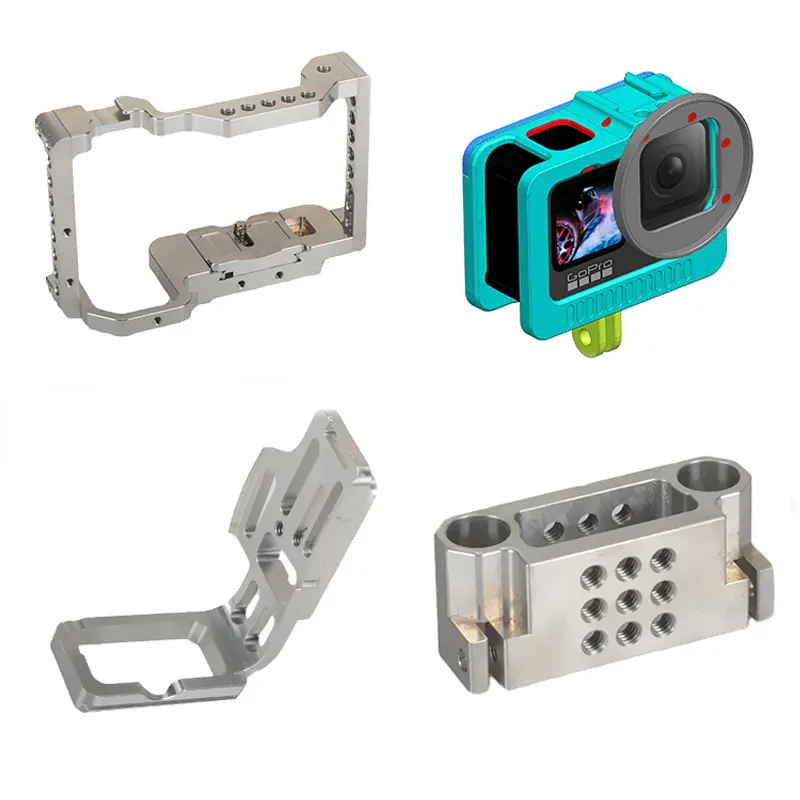

Time:2025-05-08 Views:1

CNC plastic machining has emerged as a crucial manufacturing technique, catering to the growing demand for precision - made plastic components across various industries. Plastics offer a range of advantages, including lightweight, corrosion resistance, electrical insulation, and design flexibility, making them an ideal material for numerous applications. CNC machining allows for the precise shaping and finishing of plastics, enabling the production of components with complex geometries and tight tolerances.
When it comes to CNC plastic machining, different types of plastics are used depending on the specific requirements of the application. Thermoplastics, such as acrylonitrile butadiene styrene (ABS), polycarbonate (PC), and polyethylene terephthalate (PET), are commonly machined. ABS is known for its impact resistance and ease of machining, making it a popular choice for consumer products, automotive interior parts, and prototypes. Polycarbonate offers high optical clarity, excellent impact strength, and heat resistance, making it suitable for applications like protective lenses, electronic enclosures, and automotive lighting components.
The CNC machining process for plastics involves several considerations. Due to the relatively low melting points of many plastics compared to metals, special attention must be paid to controlling the cutting temperature. Excessive heat can cause the plastic to melt, warp, or degrade, affecting the quality of the machined part. To mitigate this, manufacturers use techniques such as high - speed machining with sharp cutting tools, appropriate coolant application, and optimized feed rates. Additionally, the cutting forces involved in machining plastics are generally lower than those for metals, which allows for the use of lighter - duty machine tools in some cases.
CNC plastic machining enables the production of components with a high level of precision and repeatability. It can create intricate details, such as fine threads, holes, and slots, with great accuracy. In the medical device industry, CNC - machined plastic components are used in devices such as syringes, catheters, and diagnostic equipment. These components need to meet strict quality and hygiene standards, and CNC machining ensures that they are produced with consistent dimensions and surface finishes. In the aerospace industry, lightweight plastic components machined using CNC technology are used for interior applications, reducing the overall weight of the aircraft and improving fuel efficiency. As the demand for plastic products continues to grow, CNC plastic machining will play an increasingly important role in meeting the diverse manufacturing needs of various industries.
Read recommendations:
velbon victory 150 quick release plate